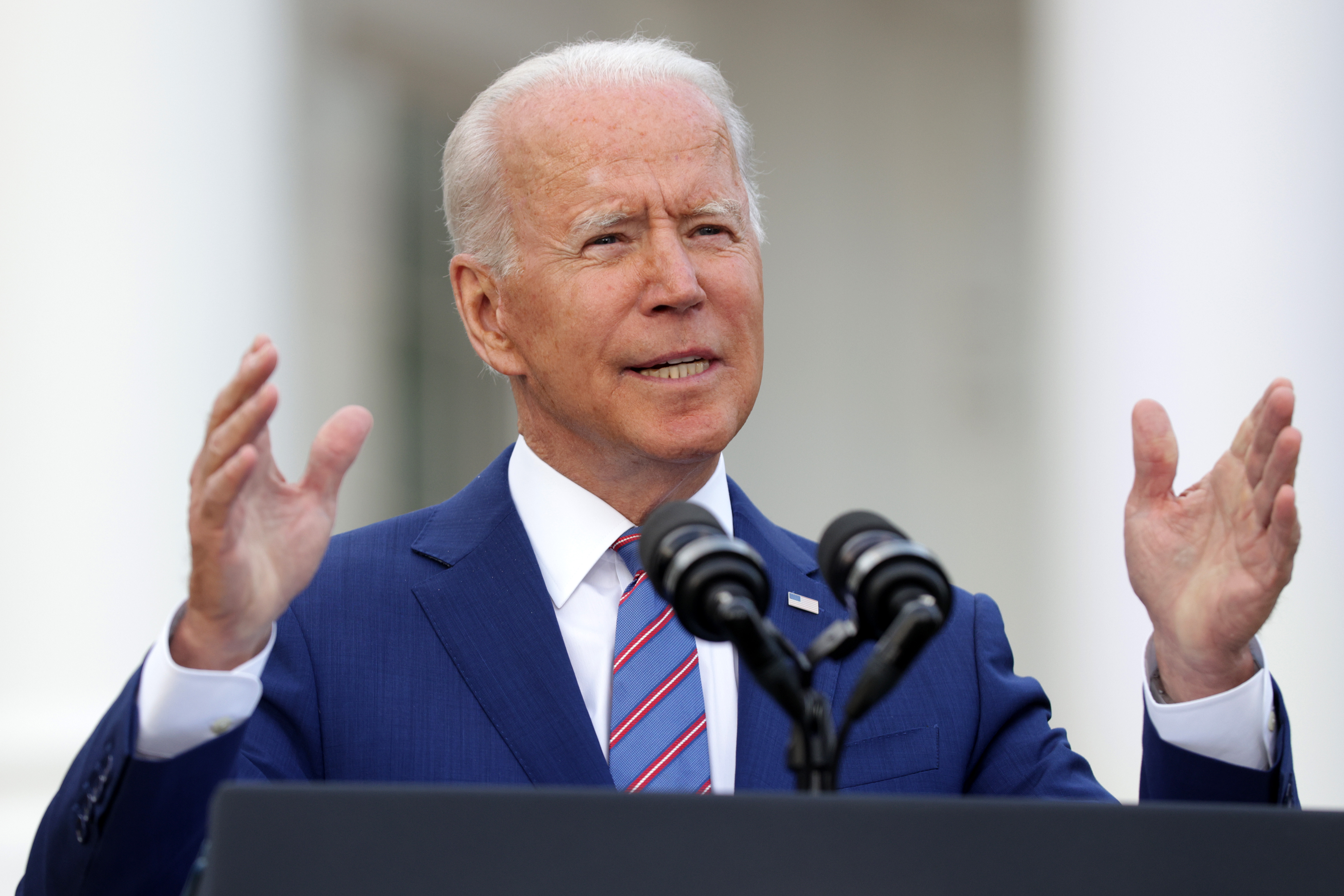Biden's rules: Will they encourage competition?
A sweeping executive order aims to restore more competitive balance to a slew of American industries

The smartest insight and analysis, from all perspectives, rounded up from around the web:
A sweeping executive order signed by President Biden aims to restore more competitive balance to a slew of American industries, from health care to farming to tech, said Jeff Stein at The Washington Post. The signing last week follows the prescriptions of "a new generation of economists" who have moved antitrust policy reform from "the liberal fringe" to the mainstream of the Democratic agenda. Containing 72 initiatives, the order blames corporate consolidation for higher consumer prices, stagnant wages, and reduced advantages for workers. Not surprisingly, "the most impactful part of the order relates to Silicon Valley," including recommendations that regulators strictly scrutinize acquisitions by major tech companies and set firmer guidelines around user surveillance and data gathering. But other consumer-focused initiatives include allowing imports of cheaper drugs from Canada and clearer labeling on prices for broadband service.
This is "the most concerted effort in recent times" to "tilt the playing field toward workers," said Neil Irwin at The New York Times. Look, for instance, at the provisions asking regulators to bar unnecessary occupational licensing requirements and limit noncompete agreements, now so pervasive that even "sandwich shops and hair salons" use them. The White House is finally challenging the proliferation of corporate "indignities," said Michael Hiltzik at the Los Angeles Times, for example making airlines refund fees "when baggage is delayed or when the plane's Wi-Fi is broken." Another no-brainer order ends the silly practice of having to go see a specialist to obtain a hearing aid. This is only "scratching the surface of all the ways businesses take advantage of their customers, but it's a start."
Subscribe to The Week
Escape your echo chamber. Get the facts behind the news, plus analysis from multiple perspectives.

Sign up for The Week's Free Newsletters
From our morning news briefing to a weekly Good News Newsletter, get the best of The Week delivered directly to your inbox.
From our morning news briefing to a weekly Good News Newsletter, get the best of The Week delivered directly to your inbox.
Yes, we can all agree on the hearing aids, said The Wall Street Journal in an editorial, but the main effect of these orders will be to "make big business bigger." Packaged together with some genuinely pro-competitive measures, this is a collection of rules to enhance government power. Biden points to Teddy Roosevelt's trust-busting as a model. In reality, Roosevelt's regulation of railroad rates "was among the great policy failures," reducing private investment and service until Congress finally abandoned it in 1980. Closer to the present day, after Obamacare rules went into effect, hospital mergers reached a record pace because only bigger companies "can absorb the regulatory costs."
There may be less here than either proponents or foes see, said Elizabeth Nolan Brown at Reason. The orders use the word "encourage" a lot, because "Biden is wading into territory he doesn't actually have the power to control." The White House will establish a council to monitor the progress, but much of this "executive bloviating is technically toothless." Judges and lawmakers will determine the success of his efforts, said Felix Salmon at Axios, but with this order Biden is trying to set the narrative. His view is that capitalism is endangered by companies that have built "moats" that unfairly insulate their businesses from competition. If that view prevails, it will "inevitably show up in legislation and jurisprudence."
This article was first published in the latest issue of The Week magazine. If you want to read more like it, you can try six risk-free issues of the magazine here.
A free daily email with the biggest news stories of the day – and the best features from TheWeek.com
-
 Trump uses tariffs to upend Brazil's domestic politics
Trump uses tariffs to upend Brazil's domestic politicsIN THE SPOTLIGHT By slapping a 50% tariff on Brazil for its criminal investigation into Bolsonaro, the Trump administration is brazenly putting its fingers on the scales of a key foreign election
-
 3 questions to ask when deciding whether to repair or replace your broken appliance
3 questions to ask when deciding whether to repair or replace your broken appliancethe explainer There may be merit to fixing what you already have, but sometimes buying new is even more cost-effective
-
 'Trump's authoritarian manipulation of language'
'Trump's authoritarian manipulation of language'Instant Opinion Vienna has become a 'convenient target for populists' | Opinion, comment and editorials of the day